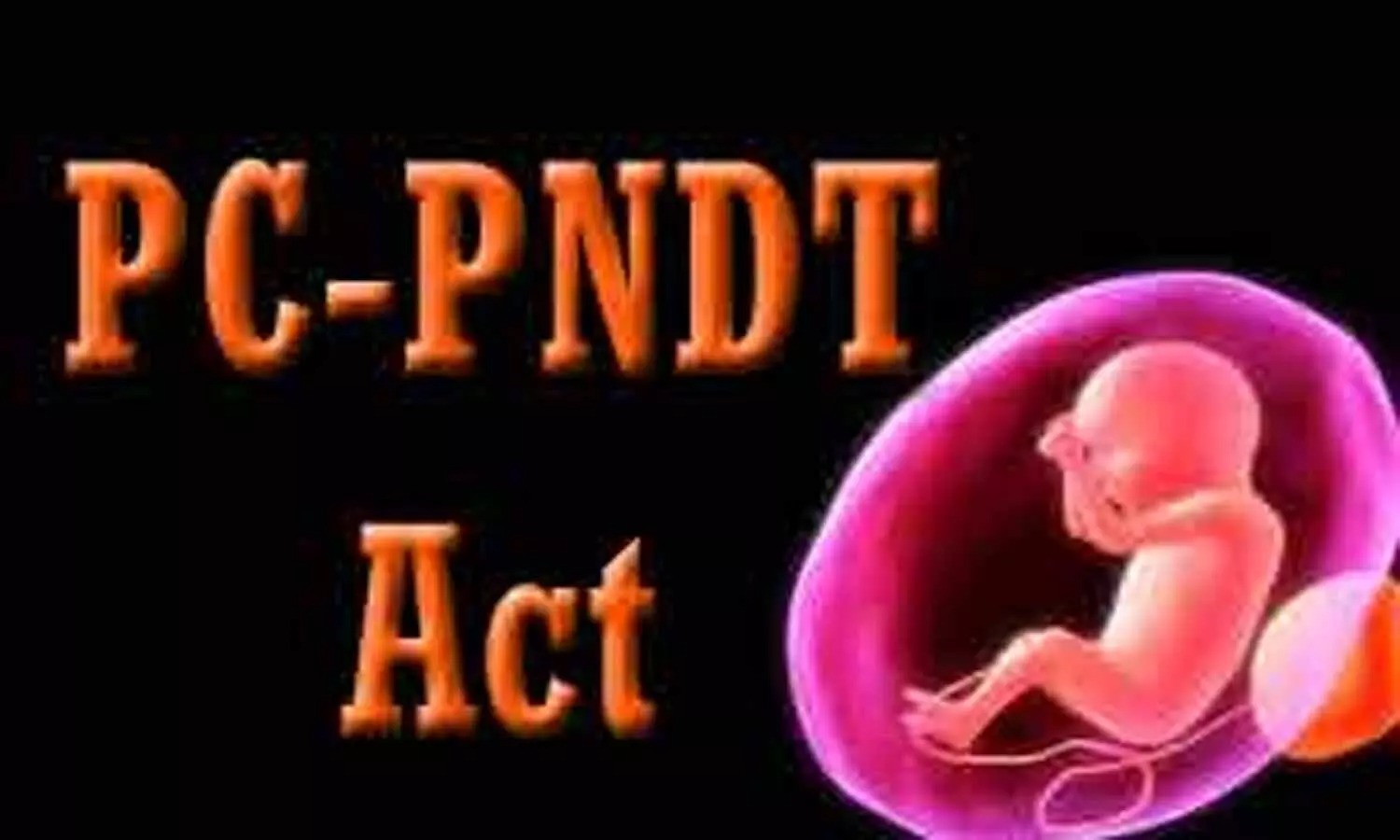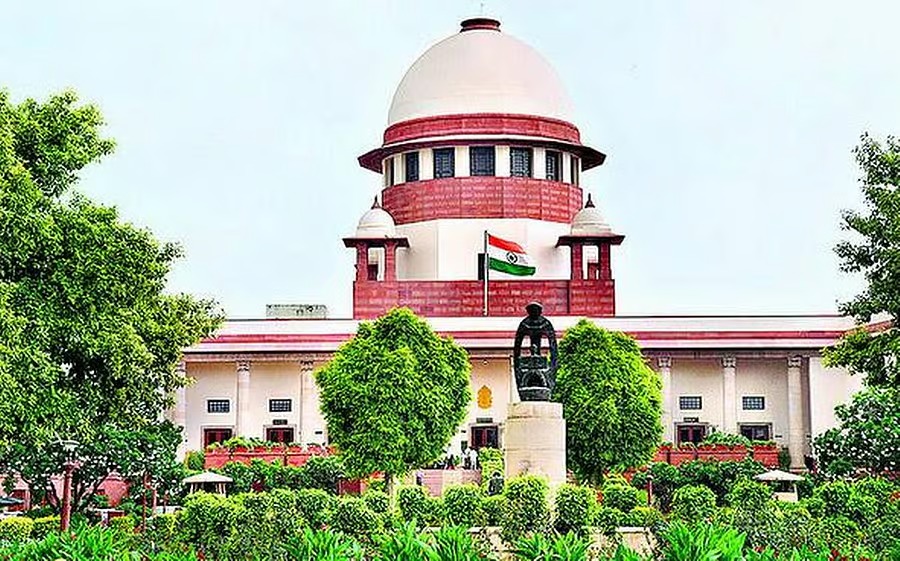Veena Birbal, J.@mdashPresent is an appeal u/s 28 of the Hindu Marriage Act, 1955 (hereinafter referred to as `the Act''), whereby appellant seeks to set aside the ex parte judgment and decree dated 26th November, 2008 passed by the learned Addl. District Judge, East, KKD, Delhi whereby the petition for dissolution of marriage by decree of divorce filed by the appellant-husband u/s 13(1)(ia) of the Act has been dismissed. The facts relevant for deciding the present appeal are as under:-
The marriage between the parties was solemnized according to Arya Samaj rights and customs on 27.6.2004 in Arya Samaj Mandir, Arun Vihar, Noida, U.P. It was the second marriage of the parties. Appellant-husband was a widower at the time of marriage whereas respondent-wife was a divorcee. Out of the earlier marriage of appellant has two children i.e., daughter Shelly Mehta and son Sumit Mehta born on 28.8.2000 and 1.9.2002 respectively. After the birth of his second child, his earlier wife fell ill and died on 26.11.2003.
At the time of marriage, appellant had disclosed to respondent about having children from earlier marriage and he had also told that he was marrying her so that his children could get mother''s love and affection.
It is alleged that respondent''s earlier marriage was performed on 17.2.1997. However, they had temperament differences, due to which they could not live together and their marriage was dissolved by a decree of divorce by Principal Bench, Family Court, Ranchi. It is further alleged that respondent had one son namely Master Vishal from his previous marriage and at the time of dissolution of marriage, child was left in husband''s custody.
Daughter Shelly was three years and 10 months old and son was one year old when appellant entered into marriage alliance with respondent. It is alleged that after marriage, respondent started ill treating the children in the presence of appellant and used to give beating to them, as a result of which, in October, 2004, appellant had brought his mother from his native place so that respondent could refrain from torturing his children. It is alleged that whenever his mother tried to refrain her from beating the children, respondent used to retaliate and abused his mother and also used to quarrel with him also. Respondent also used to abuse the appellant. It is alleged that respondent also did not cook food for the family.
Despite the advice given by him and his mother, respondent did not mend her behavior and live peacefully with the children. Appellant also requested the father of respondent to impress upon her to behave properly in the matrimonial home but due to adamant attitude of respondent, her father did not interfere. It is alleged that the brother of respondent told the appellant that respondent was depressed of her previous divorce and she should be given treatment from a psychiatrist/neurologist. Accordingly, respondent was given treatment by a neurologist. However, she refused to take medicine and had also torn the prescription slip of doctor.
It is alleged that on 16th April, 2007, the brother of respondent and his cousin came to her house and in their presence, respondent quarreled with appellant and his mother and hurled abuses. Due to her behavior, appellant left for his job early in the morning. Thereafter, on the same day, respondent had also left her matrimonial home with his brother and cousin without taking his permission.
On 25th May, 2007, respondent accompanied by her father and brother had come to Muzaffarpur to attend the list rites of aunt of appellant i.e., Bua where appellant was also present. In the presence of all the family members, respondent had created a horrifying scene which caused great humiliation and mental torture to the appellant. Since then respondent is giving continuous threats to him to transfer the house in her name or to pay her by selling the house otherwise she will approach Crime against Women Cell. It is alleged that respondent had treated the appellant and his family with utmost cruelty since their marriage and it is not possible to live with her.
There is a danger to the life of children at the hands of respondent.
2. The respondent did not appear despite being served with summons upon her and accordingly, she was proceeded ex parte by the learned trial court on 24.5.2008.
3. The ex parte evidence of appellant was recorded by the trial court. The learned trial court vide impugned judgment dated 26.11.2008 held that appellant has failed to prove the necessary facts and ingredients of cruelty as required u/s 13(1)(ia) of the Act and dismissed the petition.
4. Aggrieved with the same, appellant has filed the present appeal.
5. The notice of the appeal was sent by ordinary means to the respondent. However, she could not served by ordinary means. The respondent did not appear despite being served by way of publication, as such, she was proceeded ex parte.
6. Learned counsel for the appellant has contended that since the respondent was proceeded ex parte, the evidence of appellant has gone un rebutted before the trial court and from the said evidence, the allegations of cruelty stand clearly established.
7. Perusal of record shows that in order to establish the allegations of cruelty, appellant had filed his own affidavit by way of evidence Ex.PW1/A and affidavit of his mother Ex.PW 2/A and had filed documents i.e., marriage certificate Ex.PW 1/1, death certificate of his earlier wife Ex.PW 1/2, photograph of the child Ex.PW 1/3, marriage card as Mark A, ration card as Mark B, affidavits of petitioner and respondent as Mark C & D, I card of children as Mark E and decree of divorce between respondent and her previous husband as Mark F.
8. In his affidavit Ex.PW1/A, appellant has deposed about each and every allegations that have been stated in the divorce petition. He has deposed that marriage between the parties was solemnized on 27th June, 2004. As per evidence, the respondent had left her matrimonial home on 16th April, 2007 i.e., they have lived together for a period of less than three years after marriage. He has categorically deposed that in his presence, respondent used to beat the children, as a result of which, he had brought his mother in October, 2004 from Darbhanga. Appellant has specifically stated that on 16th April, 2007 in the presence of her real brother and cousin, respondent had quarreled with him hurled abuses upon him. He has also stated about the incident of 25th May, 2007 wherein while attending the last rites of his aunt at Muzaffarpur, respondent created a horrifying scene due to which he had to face humiliation. Even after 25.5.2007, he was getting continuous threats from respondent for selling the house and demanding money from appellant.
9. The mother of appellant in her affidavit has stated that she had come to stay in the matrimonial home of the parties in October, 2004 and in her presence, respondent used to beat the children. Whenever she has tried to intervene, respondent used to abuse her. In her affidavit, she has also narrated about the incidents of 16th April, 2007 and of 25th May, 2007 due to which humiliation and mental torture was caused to her as well as to her son.
10. According to the appellant, his evidence has gone unrebutted and from the evidence led, allegations of cruelty stand clearly proved.
11. u/s 13(1)(ia) of the Hindu Marriage Act - any marriage solemnized, whether before or after the commencement of this Act, may, on a petition presented by either of the spouse, be dissolved by a decree of divorce on the ground that the other party has, after the solemnization of the marriage, treated the petitioner with cruelty. Before the amendment of the Act in 1976, it was required by the petitioner to prove not only that he/she has been treated by his/her spouse with cruelty but cruelty was of such a nature that it would be injurious for him/her to live with his/her spouse. The words that "living with the spouse would be injurious to his/her health because of the cruelty inflicted by such spouse" have been omitted by the amendment of the Act in 1976. All that has now to be proved is that the respondent has treated the appellant with cruelty. It is not necessary for the party to prove that the cruelty complained of was such a nature as would cause a reasonable apprehension in his/her mind that it will be harmful for him/her to live with the other party. It is in this background that the courts are required to examine whether the petitioner was treated with cruelty by the respondent so as to entitle him to get a decree of divorce.
12. As noted above, the evidence led by the appellant has gone unrebutted and unchallenged. The same clearly establishes that respondent was beating the children of appellant from his previous marriage. He has categorically deposed that in his presence also, respondent had beaten the children. Respondent was also humiliating and insulting him. Even his mother in her evidence by way of affidavit has deposed that respondent used to beat the children of the appellant. It has also come in the evidence that respondent has insulted the appellant in the presence of her brother and cousin on 16th April, 2007 and also created a horrifying scene at Muzaffarpur on 25th May, 2007, at the last rites of her aunt. Appellant has deposed about the cruel treatment of respondent during the period when they had lived as husband and wife. All these acts clearly establish that the respondent has treated the appellant with cruelty. There is nothing on record to show that the appellant has condoned the acts of cruelty of respondent in any manner and the appellant was thus entitled to the grant of divorce. I, accordingly, set aside the impugned judgment and decree, allow this appeal and further allow the petition of the appellant and dissolve the marriage between the parties by an ex parte decree of divorce.
With these observations, the appeal stands disposed of.
The Registry shall send a copy of the judgment by post to the respondent.

